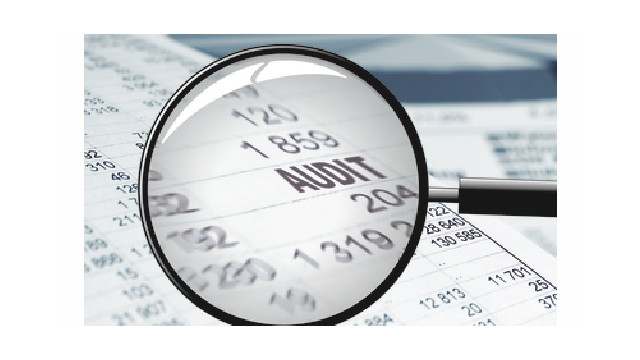The American Institute of CPAs (AICPA) Auditing Standards Board (ASB) has issued the exposure draft (ED) Proposed Statement on Auditing Standards (SAS) Inquiries of the Predecessor Auditor Regarding Fraud and Noncompliance With Laws and Regulations (NOCLAR) to amend SAS No. 122, as amended, section 210, Terms of Engagement.
The standard requires immediate past auditors and presumed successor auditors, once management consents to the past auditor responding, to communicate about potential NOCLAR situations. Examples of NOCLAR situations include, but are not limited to, noncompliance with tax or pension laws and regulations.
“The Board’s overall objective is to help auditors properly understand potential issues in determining whether to accept an engagement,” said Jennifer Burns, CPA, AICPA Chief Auditor. “The proposed standard is designed to further the public interest by enhancing communication between past and potential new auditors. A refusal to consent by the client would be a significant red flag that the auditor would consider in determining whether to accept the engagement.”
The proposed SAS aligns with the International Ethics Standards Board of Accountants (IESBA) standards which became effective on July 15, 2017. It narrowly amends AU-C section 210 in AICPA Professional Standards to require an auditor, once management approves communication between auditors, to inquire about suspected fraud and matters involving NOCLAR.
Interested parties are encouraged to submit their feedback to the ASB at CommentLetters@aicpa-cima.com by June 30, 2021. Readers are encouraged to also consider and comment on the AICPA Professional Ethics Executive Committee’s (PEEC) exposure draft of proposed interpretations and definitions on this topic (comments also due by June 30, 2021).
You can find more information on the NOCLAR ED by listening to this ASB podcast.
Thanks for reading CPA Practice Advisor!
Subscribe Already registered? Log In
Need more information? Read the FAQs
Tags: AICPA, Audit Standards




